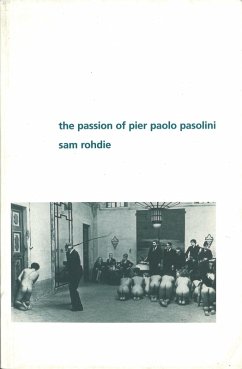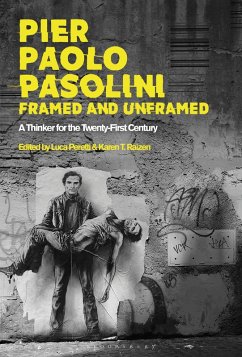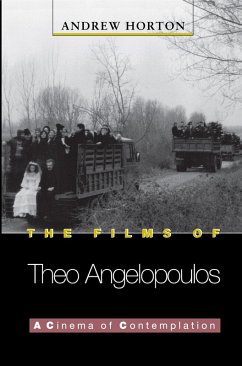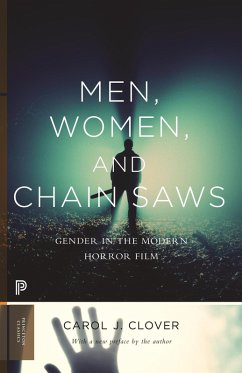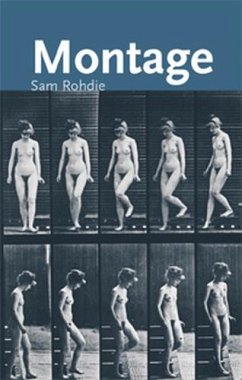
Pier Paolo Pasolini (eBook, PDF)
Cinema as Heresy

PAYBACK Punkte
13 °P sammeln!
The major Italian filmmaker Pier Paolo Pasolini was also a poet, novelist, essayist, and iconoclastic political commentator. Naomi Greene reveals to English-speaking readers the diverse talents that made him one of the most controversial European intellectuals of the postwar era, at the center of political and cultural debates still vital to our time. Greene presents Pasolini's films to the English-speaking world in full detail and in a rich critical context, using them to trace the evolution of his ideas and the details of his troubled personal life from 1950, when he settled in Rome, to 1975...
The major Italian filmmaker Pier Paolo Pasolini was also a poet, novelist, essayist, and iconoclastic political commentator. Naomi Greene reveals to English-speaking readers the diverse talents that made him one of the most controversial European intellectuals of the postwar era, at the center of political and cultural debates still vital to our time. Greene presents Pasolini's films to the English-speaking world in full detail and in a rich critical context, using them to trace the evolution of his ideas and the details of his troubled personal life from 1950, when he settled in Rome, to 1975, the year of his brutal murder, apparently at the hands of a young male prostitute. "In her concise and sympathetic book, Greene intelligently explicates the political and social context within which Pasolini became both a leading figure and a significant heretic. He was an atheist who directed one of the few genuinely profound biblical films in the cinema, a communist who severely criticized many of the radical movements of modern Italy. Though he publicly acknowledged his homosexuality, he privately referred to it as his "sickness." As the book well documents, Pasolini was not a rebel but rather an authentic heretic who worked in contradiction to both his medium and milieu."--Choice
Originally published in 1990.
The Princeton Legacy Library uses the latest print-on-demand technology to again make available previously out-of-print books from the distinguished backlist of Princeton University Press. These editions preserve the original texts of these important books while presenting them in durable paperback and hardcover editions. The goal of the Princeton Legacy Library is to vastly increase access to the rich scholarly heritage found in the thousands of books published by Princeton University Press since its founding in 1905.
Originally published in 1990.
The Princeton Legacy Library uses the latest print-on-demand technology to again make available previously out-of-print books from the distinguished backlist of Princeton University Press. These editions preserve the original texts of these important books while presenting them in durable paperback and hardcover editions. The goal of the Princeton Legacy Library is to vastly increase access to the rich scholarly heritage found in the thousands of books published by Princeton University Press since its founding in 1905.




